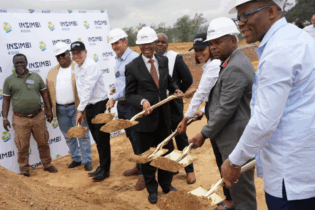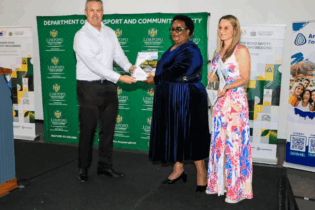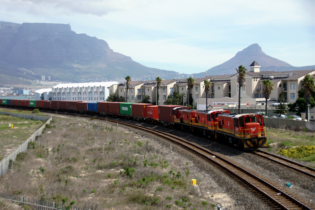By David Malingha Doya
The European Union, Tanzania’s biggest trading partner, may increase energy and transport investment in East Africa’s second-biggest economy as it prepares to ramp up offshore natural-gas output. “Tanzania needs a sequence of infrastructure investments before the gas begins to flow such as expanding ports and pipelines,” Filiberto Ceriani Sebregondi, the EU’s ambassador to Tanzania, said in a June 6 interview in Dar es Salaam, the commercial capital. “We will support and mobilize funding from institutions like the European Investment Bank for infrastructure development particularly energy and transport.” Explorers in Tanzania and Mozambique have discovered about 100 trillion cubic feet of gas resources, almost enough to meet global demand for a year. The EU accounts for 57 percent of Tanzania’s exports and 22 percent of imports, according to Southern African Development Community data. The nation produces gas from at least two offshore fields for power generation. The EU will have provided the country with 600 million euros ($757 million) in the five years through 2013, including 140 million euros for roads, Sebregondi said. “Indications are that we may scale up our funding on energy and transport for the next funding cycle for 2014-2020.”he said. “We are not yet sure how much money will be allocated in the next cycle, but right now we are availing 100 million euros every year.”Port, Power Investment
BG Group Plc (BG/) and Ophir Energy Plc (OPHR) last month said they found more natural gas off Tanzania, about 45 kilometers (28 miles) north of the maritime border with Mozambique, where explorers have made the largest gas discoveries of the decade. “Discoveries of gas are important, but in Tanzania, the challenge is that they are scattered.,” Sebregondi said. “In Mozambique, they are more concentrated.” The EU is advising Tanzania on developing gas policy, which could be completed in one or two years, that will outline infrastructure investments, and how to manage resource revenue, environmental concerns, inflationary effects, local content and skills development, he said. “We are still talking to government about the policy, but may suggest experiences from other countries such as a heritage fund to manage peak income, and a stabilization fund to manage inflationary pressures,” Sebregondi said.






